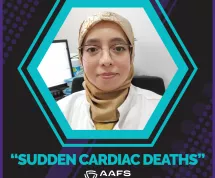Search
Explore content from JFS, ASB, the AAFS Newsfeed, and other content using the search bar or filters.
Best Practice Recommendation for Limited Friction Ridge Examinations
Victim Information Center - Best Practice Recommendation for Medicolegal Death...
Standard for the Technical Review of Bloodstain Pattern Analysis Reporting
Best Practice Recommendation for Communicating with Next of Kin during Medicolegal Death...
Standard for Construction of Multilocus Databases
Forensic Laboratory Standard for Prevention, Monitoring, and Mitigation of Human DNA...
The Education of the Next Generation Forensic Scientist
Free to AAFS members - this webinar offers a comprehensive and engaging roadmap for students pursuing careers in forensic science. By blending historical context, accreditation standards, and practical strategies to help students navigate academic choices and develop essential skills, the viewer will take away tips for the successful transition from academia to a forensic laboratory career.
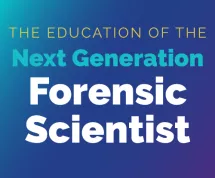
Academic Excellence: The Importance of Accreditation for Forensic Science Programs
Join us for an insightful webinar hosted by the Forensic Science Education Programs Accreditation Commission (FEPAC), a distinguished branch of the American Academy of Forensic Sciences. This session is designed for program directors, school administrators, and forensic science educators who seek to elevate the quality and credibility of their academic offerings.
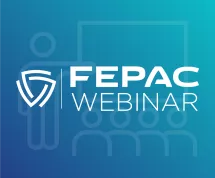
High Performance Computing Tools to Identify Novel Psychoactive Substances in Toxicology Samples
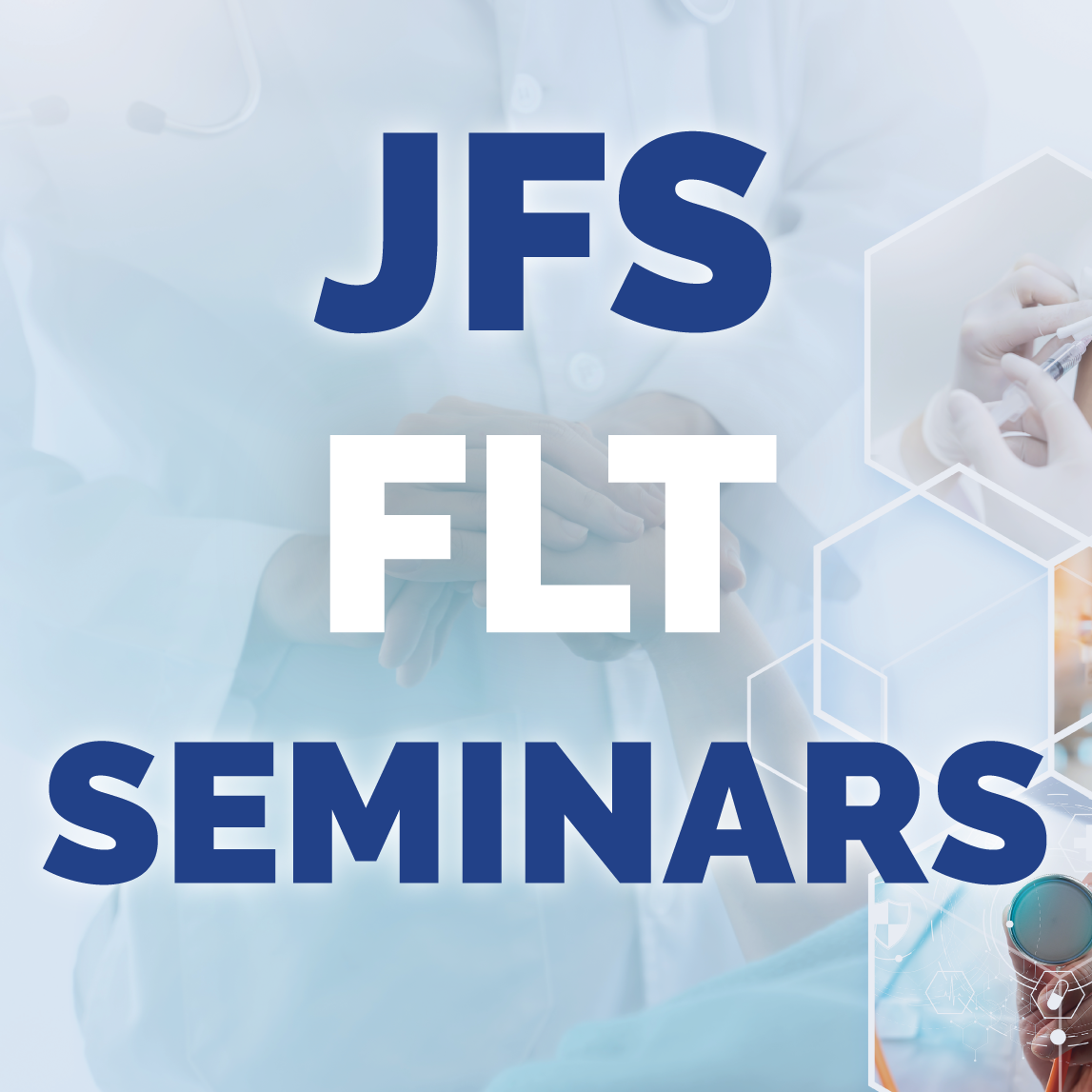
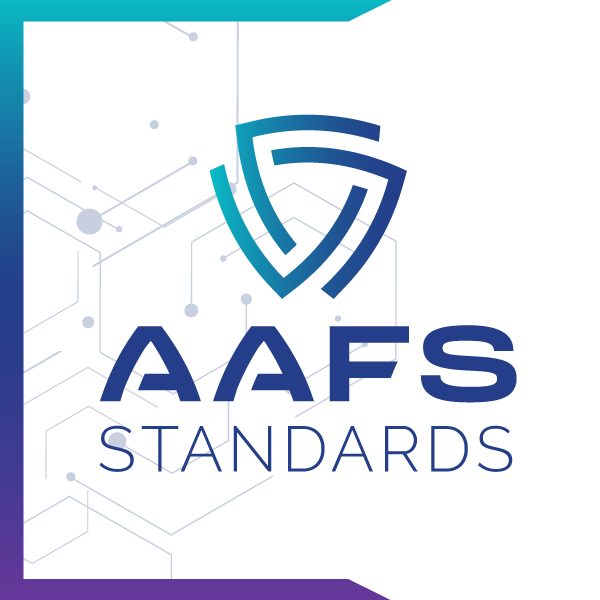
Analytical Characterization of Emerging Drugs – Practical Approaches to Address Forensic Science Challenges

Forensic Investigative Genetic Genealogy – Part II

Clandestine Synthesis of Methamphetamine: An Overview

Advances in Ambient Ionization Mass Spectrometry for Synthetic Opioid Analysis
Ambient ionization mass spectrometry (AI-MS) is an increasingly adopted tool for seized drug analysis in both traditional laboratory and forward operating laboratory settings that has shown to be useful for the detection and identification of fentanyl and other synthetic opioids. Recent advances in the field of AI-MS have been demonstrated from sample collection to analysis to data interpretation. This 1 hour webinar will discuss some of these recent advances and highlight their applicability for forensic applications.
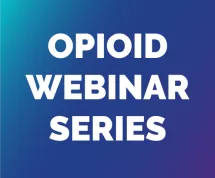
Sudden Cardiac Death in Assault Contexts: Stress as a Contributing Factor and Homicide Qualification Presented
This webinar brings together experts from diverse backgrounds to delve into the multifaceted aspects of SCD related to stress in assault contexts, examining whether the deaths are natural, accidental, or homicidal. This webinar will offer insights into sudden cardiac death related to stress in assault contexts within juridictions. By examining cultural, legal, and medical factors, attendees will gain a nuanced understanding of how these issues manifest in different sociocultural contexts.
